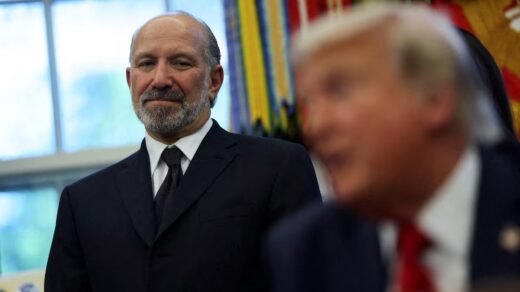
In today’s interconnected and fast-paced world, our reliance on two primary resources, petrol and electricity, is undeniable. These resources fuel our industries, power our homes, and drive our vehicles. Yet, the fragility of our dependency becomes starkly evident during times of crisis, such as fuel shortages. Delving into the intricacies of surviving in our modern society when faced with the challenge of a fuel crisis, we can compare the challenges and adaptations required for both scenarios: living without petrol versus living without electricity.
Petrol, derived primarily from crude oil, has been the backbone of transportation for over a century. Without it, our cars, trucks, airplanes, and ships come to a grinding halt. Moreover, petrol fuels a plethora of industrial processes, from manufacturing to agriculture. The immediate impact of a petrol shortage is the immobilization of transportation networks. Commuters face challenges in reaching workplaces, goods become scarce due to disrupted supply chains, and emergency services struggle to maintain their operations. Without alternative fuels or efficient public transportation systems, societal mobility faces severe constraints. Industries reliant on petrol-derived products would experience significant setbacks. The cost of production could skyrocket due to increased transportation costs and reduced availability of raw materials. Consumers would feel the pinch as prices rise and essential goods become scarce.
To navigate survival without petrol, embracing bicycles, electric scooters, and public transportation becomes paramount. Urban planning would shift towards creating walkable communities, reducing the need for long-distance travel. Additionally, communities might prioritize local production to mitigate supply chain disruptions, promoting agriculture and manufacturing within regional boundaries.
Global electricity demand is expected to grow by 28% by 2040. Disruptions in electricity supply chains can have profound implications, with the U.S. Department of Energy estimating that power outages cost the U.S. economy between $25 billion to $180 billion annually. Moreover, the World Health Organization emphasized that prolonged power outages in healthcare facilities can jeopardize the health of millions, particularly in regions reliant on electrical medical equipment.
The Renewable Energy Policy Network for the 21st Century reported that in 2019, renewable energy sources accounted for 27.3% of the global electricity generation capacity. .To survive without electricity, investing in renewable energy sources such as solar panels, wind turbines, and hydroelectric systems offers a sustainable solution. Communities could develop microgrids, ensuring localized energy production and distribution. Adopting energy-efficient appliances, promoting day lighting in architecture, and implementing smart grid technologies can reduce electricity consumption. Additionally, prioritizing energy storage solutions, such as battery banks, helps manage intermittent power supply.
Comparing survival strategies for petrol versus electricity illuminates the intricate web of dependencies woven into our modern society. While both resources have distinct applications, their scarcity reveals vulnerabilities in our infrastructural frameworks and societal norms. A fuel crisis necessitates a paradigm shift in consumption patterns. Whether it’s embracing sustainable transportation solutions or prioritizing energy-efficient practices, individuals and communities must adapt to a world with limited resources. Enhancing the resilience of infrastructure systems becomes imperative. Diversifying energy sources, investing in decentralized systems, and promoting innovation can mitigate the impacts of fuel shortages and ensure long-term sustainability.
Written by Imane Moumen


